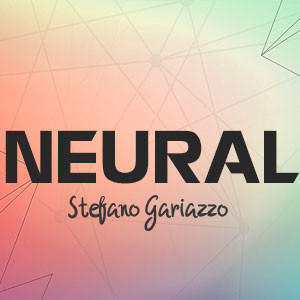
NEURAL
Neutrino physics has entered a precision era. While neutrino oscillation experiments provide more accurate data, some possible anomalies arise in the framework of three-neutrino oscillations. Whether these anomalies are the first signals of new physics beyond the standard model or the consequence of mistreated systematics remains to be determined. The increasing amount of data, however, makes more and more relevant the role of systematic uncertainties in the analyses. Mainly because of computational issues, nowadays a common treatment of systematics (e.g. in atmospheric and long-baseline accelerator neutrino experiments) cannot be performed: each experiment is analysed independently, each (expensive to compute) likelihood function stored in a table as a function of few relevant oscillation parameters and only in a second phase a global combination of all the experiments is performed. Storing such tables is impossible when the number of relevant parameters grows, either because new physics is considered (light sterile neutrinos, non-standard neutrino interactions) or to treat coherently the parameters describing systematic uncertainties. We propose machine learning techniques which could help to solve part of these issues at least in two different ways, already applied in cosmological studies. The first is to use neural networks to interpolate multidimensional likelihoods without the need of computing and storing the likelihood functions in regular grids. The second is to apply active learning techniques to smartly train the neural networks, obtaining the best possible likelihood approximations with the smallest number of computations. The combination of these methods will be applied to neutrino oscillation analyses to obtain, with a proper treatment of common systematics, global fits of parameters describing three neutrino mixing and new physics scenarios, including light sterile neutrinos or non-standard neutrino interactions.

Stefano Gariazzo – INFN TORINO
Dr. Gariazzo graduated in Turin in 2016, working with Prof. Nicolao Fornengo and Dr. Carlo Giunti, mainly on neutrino phenomenology, in oscillations and cosmology. Later, he moved to IFIC, Valencia, first with a regular postdoc, then with a Marie Curie Individual Fellowship, where he continued working on neutrino physics (oscillations in terrestrial experiments and in the early Universe, neutrino properties from cosmology and other probes) and phenomenology of the Cosmic Microwave Background. He is a member of the PTOLEMY collaboration (theory group).
Back to Category
